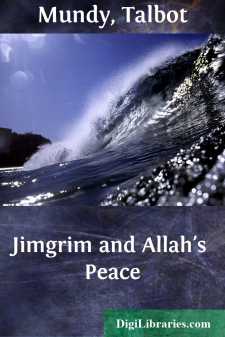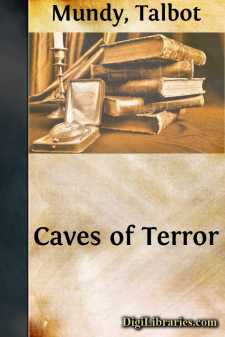Categories
- Antiques & Collectibles 13
- Architecture 36
- Art 48
- Bibles 22
- Biography & Autobiography 813
- Body, Mind & Spirit 142
- Business & Economics 28
- Children's Books 17
- Children's Fiction 14
- Computers 4
- Cooking 94
- Crafts & Hobbies 4
- Drama 346
- Education 46
- Family & Relationships 57
- Fiction 11829
- Games 19
- Gardening 17
- Health & Fitness 34
- History 1377
- House & Home 1
- Humor 147
- Juvenile Fiction 1873
- Juvenile Nonfiction 202
- Language Arts & Disciplines 88
- Law 16
- Literary Collections 686
- Literary Criticism 179
- Mathematics 13
- Medical 41
- Music 40
- Nature 179
- Non-Classifiable 1768
- Performing Arts 7
- Periodicals 1453
- Philosophy 64
- Photography 2
- Poetry 896
- Political Science 203
- Psychology 42
- Reference 154
- Religion 513
- Science 126
- Self-Help 84
- Social Science 81
- Sports & Recreation 34
- Study Aids 3
- Technology & Engineering 59
- Transportation 23
- Travel 463
- True Crime 29
Hira Singh : when India came to fight in Flanders
by: Talbot Mundy
Categories:
Description:
Excerpt
CHAPTER I
Let a man, an arrow, and an answer each go straight. Each is his own witness. God is judge.—EASTERN PROVERB.
A Sikh who must have stood about six feet without his turban—and only imagination knows how stately he was with it—loomed out of the violet mist of an Indian morning and scrutinized me with calm brown eyes. His khaki uniform, like two of the medal ribbons on his breast, was new, but nothing else about him suggested rawness. Attitude, grayness, dignity, the unstudied strength of his politeness, all sang aloud of battles won. Battles with himself they may have been—but they were won.
I began remembering ice-polished rocks that the glaciers once dropped along Maine valleys, when his quiet voice summoned me back to India and the convalescent camp beyond whose outer gate I stood. Two flags on lances formed the gate and the boundary line was mostly imaginary; but one did not trespass, because at about the point where vision no longer pierced the mist there stood a sentry, and the grounding of a butt on gravel and now and then a cough announced others beyond him again.
"I have permission," I said, "to find a certain Risaldar-major Ranjoor Singh, and to ask him questions."
He smiled. His eyes, betraying nothing but politeness, read the very depths of mine.
"Has the sahib credentials?" he asked. So I showed him the permit covered with signatures that was the one scrap of writing left in my possession after several searchings.
"Thank you," he said gravely. "There were others who had no permits. Will you walk with me through the camp?"
That was new annoyance, for with such a search as I had in mind what interest could there be in a camp for convalescent Sikhs? Tents pitched at intervals—a hospital marquee—a row of trees under which some of the wounded might sit and dream the day through-these were all things one could imagine without journeying to India. But there was nothing to do but accept, and I walked beside him, wishing I could stride with half his grace.
"There are no well men here," he told me. "Even the heavy work about the camp is done by convalescents."
"Then why are you here?" I asked, not trying to conceal admiration for his strength and stature.
"I, too, am not yet quite recovered."
"From what?" I asked, impudent because I felt desperate. But I drew no fire.
"I do not know the English name for my complaint," he said. (But he spoke English better than I, he having mastered it, whereas I was only born to its careless use.)
"How long do you expect to remain on the sick list?" I asked, because a woman once told me that the way to make a man talk is to seem to be interested in himself.
"Who knows?" said he.
He showed me about the camp, and we came to a stand at last under the branches of an enormous mango tree. Early though it was, a Sikh non-commissioned officer was already sitting propped against the trunk with his bandaged feet stretched out in front of him—a peculiar attitude for a Sikh.
"That one knows English," my guide said, nodding....












